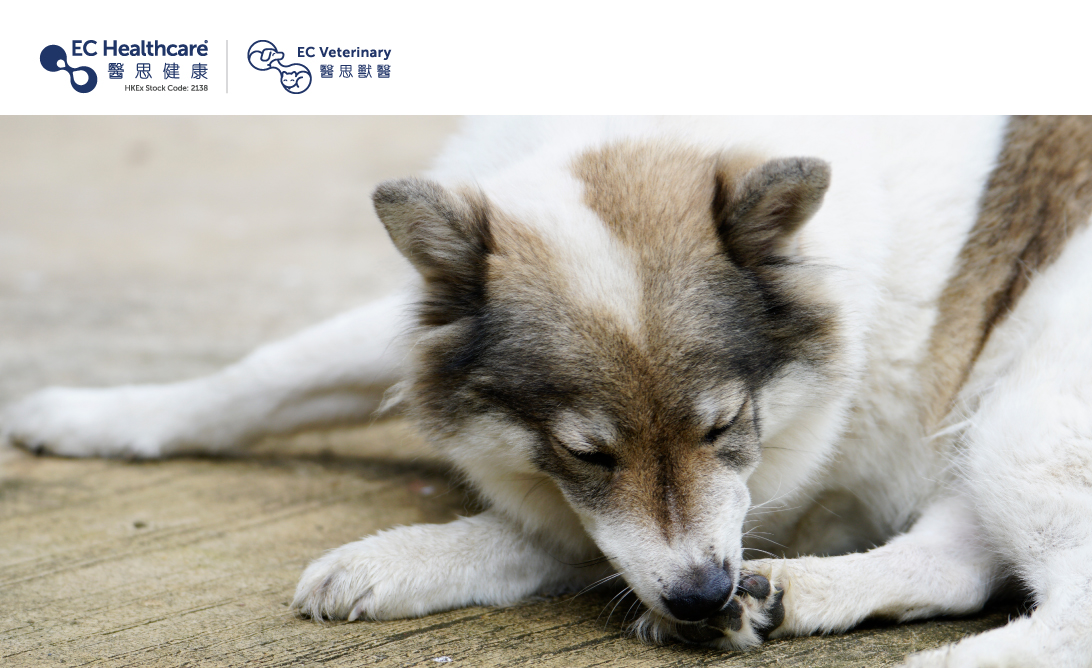Protect Your Senior Dogs - Keep Heart Disease at Bay!


As our furry friends age, their risk of heart disease increases. Although the average lifespan of dogs is increasing thanks to advances in medical care, heart disease remains one of the leading killers of senior dogs, with 1 out of every 10 dogs affected. And with many dogs not showing obvious symptoms, it’s easy to miss the warning signs and mistake them for normal ageing changes. Don't let heart disease take your best friend from you too soon. Stay vigilant and keep your senior dog's heart healthy.

Common heart disease in dogs
Congenital valve dysplasia
This disease obstructs the blood flow and may trigger potential full-body hypoxia. Obvious symptoms will develop since the dog is young, and may worsen when it ages.
Heart valve disease
This is the most common canine heart disease. The heart valve deteriorates as the dog ages and becomes incapable to block the blood when the ventricle contracts, leading to the backflow of blood to the atrium. The mitral valve has the highest risk of degeneration, which usually occurs in senior small to medium dogs.
Dilated cardiomyopathy
Dogs with this disease will have an enlarged ventricle and thinned heart muscles with weakened contractility. Possible symptoms include coughing, lethargy, difficulty in breathing, abdominal distention, etc. The disease may even lead to acute heart failure and sudden death. It usually affects senior large dogs.
Heartworm infection
Heartworm infection is mainly transmitted by mosquitoes. The heartworms will travel along with blood flow and live in the heart and lungs, impeding the infected dog’s blood circulation and causing heart failure and death in severe cases. You are advised to bring your dog for heartworm injections as early as possible.
What should I do if my senior dog is diagnosed with heart disease?
If your furry friend is diagnosed with heart disease, you should consult a vet for a customised plan that includes a heart-healthy diet (more proteins and less cholesterol, calories and fat), reduced sodium intake, nutritional supplements to strengthen its heart, and moderate exercise. If your senior dog is not interested in running and playing, you can take it for a walk.

In short, heart disease has great variability. As senior dogs may also develop other invisible diseases, you should follow your vet’s instructions to bring your dog for regular consultations and check-ups - your dog's health is worth the effort and time!
Related Brands










